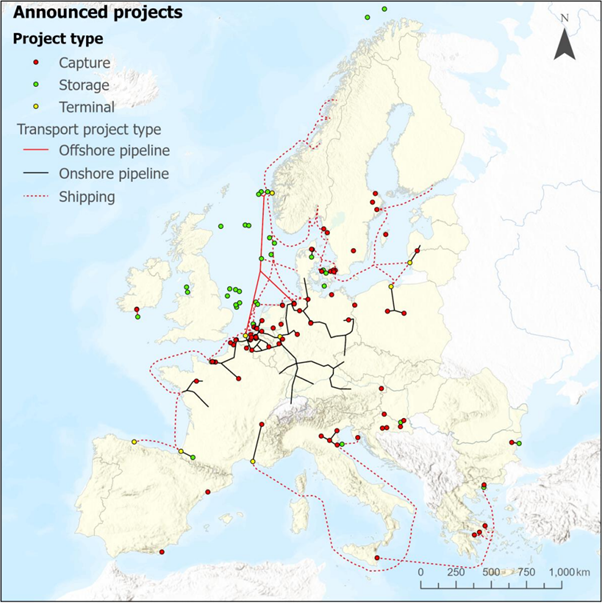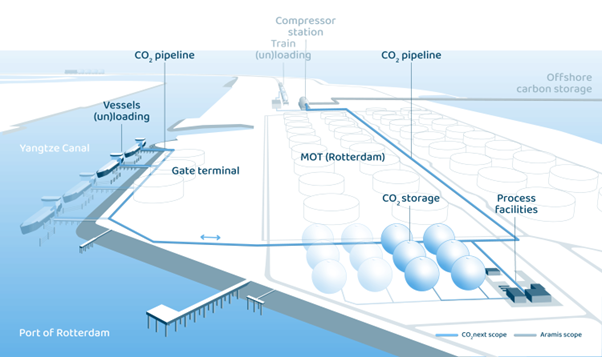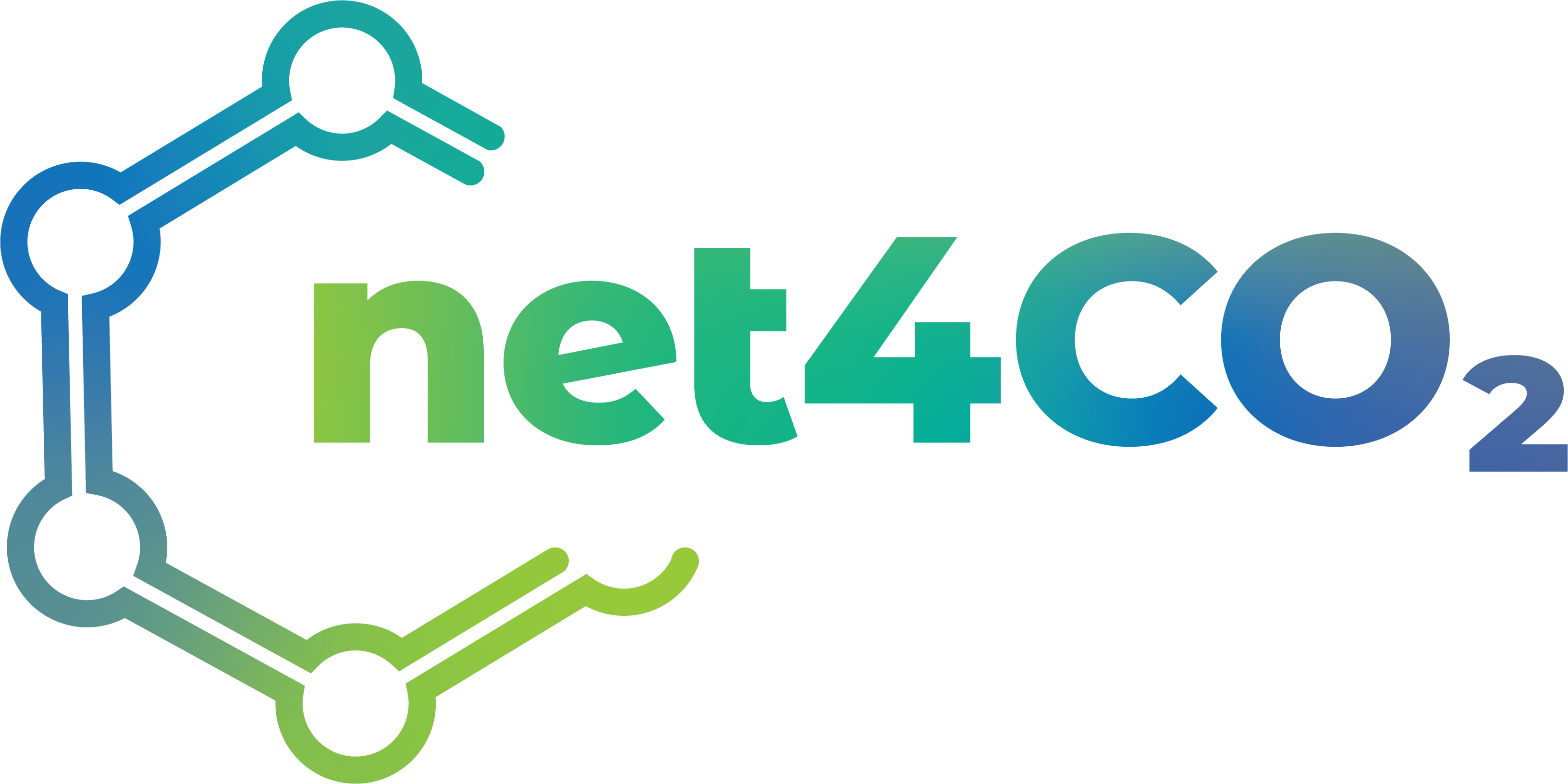“Lorem Ipsum is simply dummy text of the printing and typesetting industry. Lorem Ipsum has been the industry’s standard dummy text ever since the 1500s, when an unknown printer took a galley of type and scrambled it to make a type specimen book.”
xxxx | xxxx
Project Duration: 2024 – present
Type of Project: Internal R&D
Project Description
The CO2 Transport assesses the status and future of CO2 transport infrastructure in Portugal within the European CCUS framework. It highlights the role of transport as a key enabler of industrial decarbonization by linking emitters to storage or utilization sites. The study reviews the four main transport modes – pipelines, shipping, rail, and truck – evaluating their technical and economic viability in the Portuguese context. It also examines the regulatory landscape, emphasizing the challenges posed by the classification of CO2 as product or waste. The report identifies key legal barriers and offers recommendations for harmonized European regulation. A detailed case study simulates the transport scenario of a major multinational industrial emitter, estimating the full cost from capture to storage. The findings highlight the importance of infrastructure planning, regulatory clarity, and cross-border coordination. The report serves as a strategic guide for advancing CO2 transport in support of climate goals.
Main Outcomes
Comprehensive CO2 Transport Report: A detailed assessment of CO₂ transport modes in Portugal within the European CCUS context. It explores technical, economic, and regulatory factors for pipelines, ships, rail, and trucks. Highlights Portuguese infrastructure proposals and legal hurdles.
CO2 Transport and Storage Suppliers Database: A database of CO₂ transport and storage service providers. Includes mode specialization, geographic reach, technical specs, and contacts. Supports project developers in identifying suitable logistics partners. Enables informed decisions in planning CO₂ infrastructure and supply chains.
Economic Model for Full-Chain CO2 Transport Costs: A flexible model estimating CO2 transport costs by ship, pipeline, truck, and rail. Accounts for distance, volume, mode-specific costs, and infrastructure needs. Enables scenario testing and cost optimization for industrial applications. Helps quantify logistics in real-world CCUS deployment planning.
Industrial Case Study: CO2 Transport and Storage Scenario: A practical scenario analysing CO₂ logistics for a multinational in Europe. Evaluates cost and feasibility from capture to storage across different transport modes. Considers regional storage sites like the Iberian Peninsula and North Sea. Illustrates real integration challenges and opportunities in CCUS implementation.



